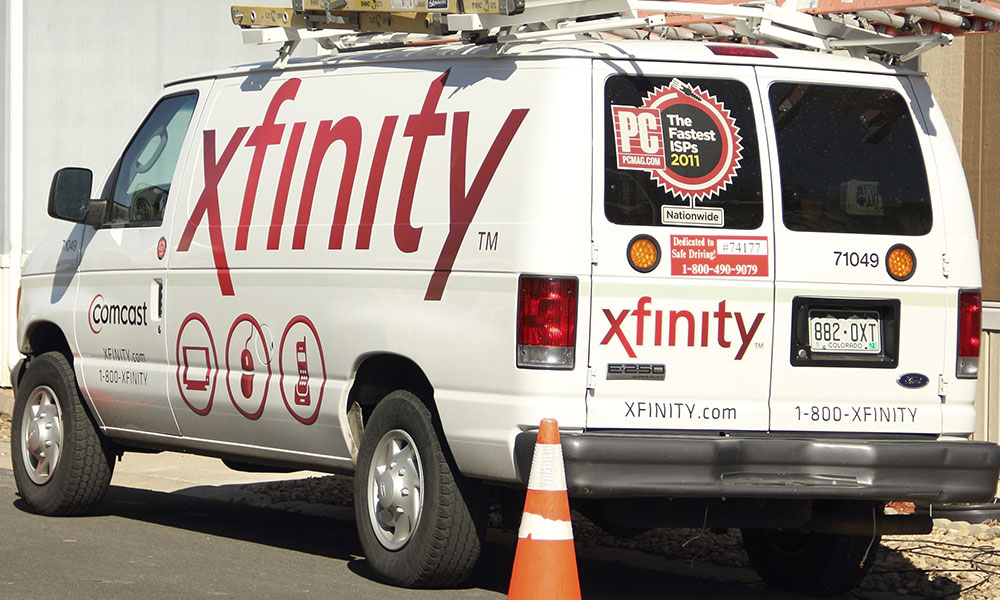
Groups Boost Opposition to Comcast Merger
With Comcast's proposed $45 billion merger with Time Warner Cable under regulatory scrutiny, associations and advocacy groups in the technology and cable sectors are ramping up their lobbying efforts.
As far as major cable companies go, Comcast isn’t particularly well loved by the public. Seeing the cable giant become more powerful might be too much for some TV fans to bear.
Advocacy groups are hoping to leverage that sentiment in their fight against the company’s controversial attempt to merge with Time Warner Cable. The merger, which has been in works for about a year, is still under review by the U.S. Department of Justice (DOJ) and the Federal Communications Commission (FCC), and the long time frame is helping keep momentum strong for consumer groups and opponents.
For example, Stop Mega Comcast—a coalition of advocacy groups, including Public Knowledge; satellite companies, such as Dish Network; and television networks, like TheBlaze—has taken a hard-line stance against the merger, saying that putting the two companies together would turn the new entity into the gatekeeper for as many as half of the nation’s high-speed broadband homes and would give Comcast leverage to limit the rise of cord-cutting by controlling access to streaming technology.
Consumers Union, another coalition member, argues that the merger is bad for customers.
“Both Comcast and Time Warner Cable are notorious for poor customer service and arbitrary price hikes—issues which are bound to persist, if not increase, under Mega Comcast’s regime,” Delara Derakhshani, policy counsel at CU, told Consumerist. “By joining this coalition, we hope to sound the alarm on how this merger would lead to higher prices, fewer choices, and worse service for consumers.”
Stop Mega Comcast has gained significant momentum and currently has 28 members, many of which have launched other individual protests.
A New Challenger
And a fresh voice on the issue, this one coming from smaller cable providers and telecom firms focused on the rural markets, is adding to the opposition. Networks for Competition and Choice—which launched Monday and is composed of Comptel, the Independent Telephone & Telecommunications Alliance, and NTCA-The Rural Broadband Association—suggests that the merger would combine two companies that have a long record of anticompetitive acts, such as throttling Netflix and not playing fair with streaming boxes.
“This proposed merger would give a single company—Comcast—far too much control over our nation’s video and broadband markets and would threaten the very climate of internet-enabled innovation that has driven our nation’s growth and given consumers more choices than ever before,” Comptel CEO Chip Pickering said in a news release. “The DOJ and FCC must deny this merger in order to preserve competition in these vital markets and ensure that consumers continue to have the choice and diversity of content that the internet brings.”
The group launched a new site, Don’t Comcast the Internet, to spread that message.
Comcast shrugged off the arrival of the new coalition. “There’s no real news here—just another group of existing opponents making the same arguments they have already made at the FCC for months, many of which weren’t found to be credible in our past transaction reviews, and all of which we’ve refuted directly with evidence in the FCC record,” the company said in a statement to Gigaom. It added that the merger would not harm consumer choice and would increase broadband speeds.
(iStock Editorial/Thinkstock)






Comments